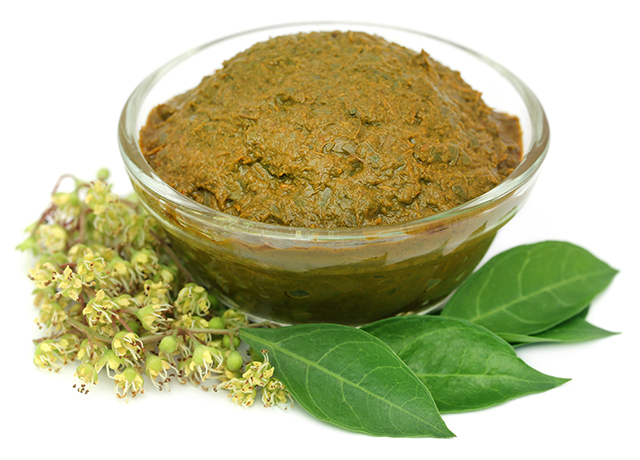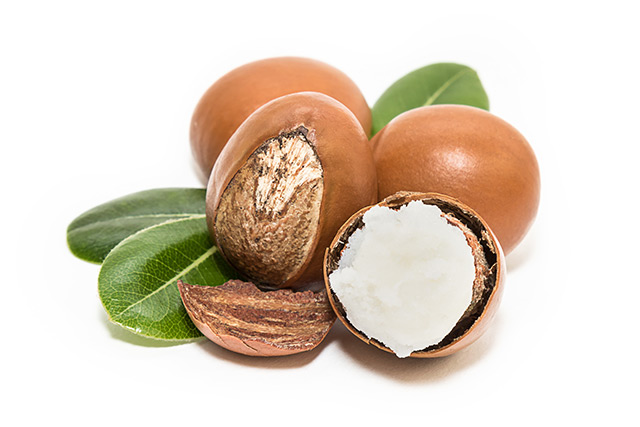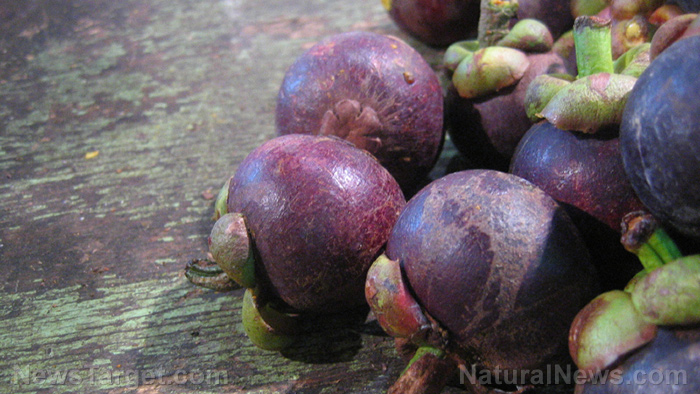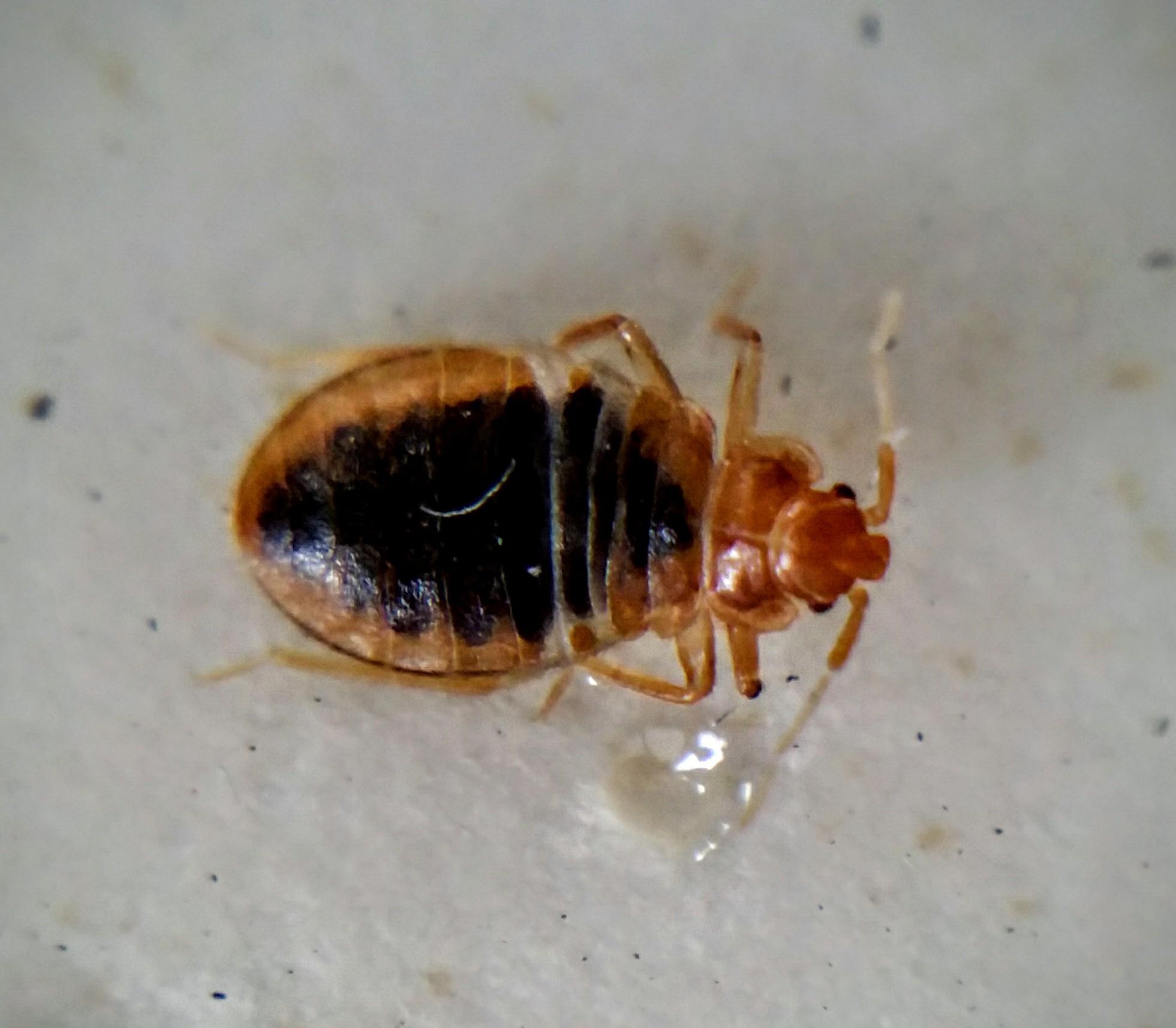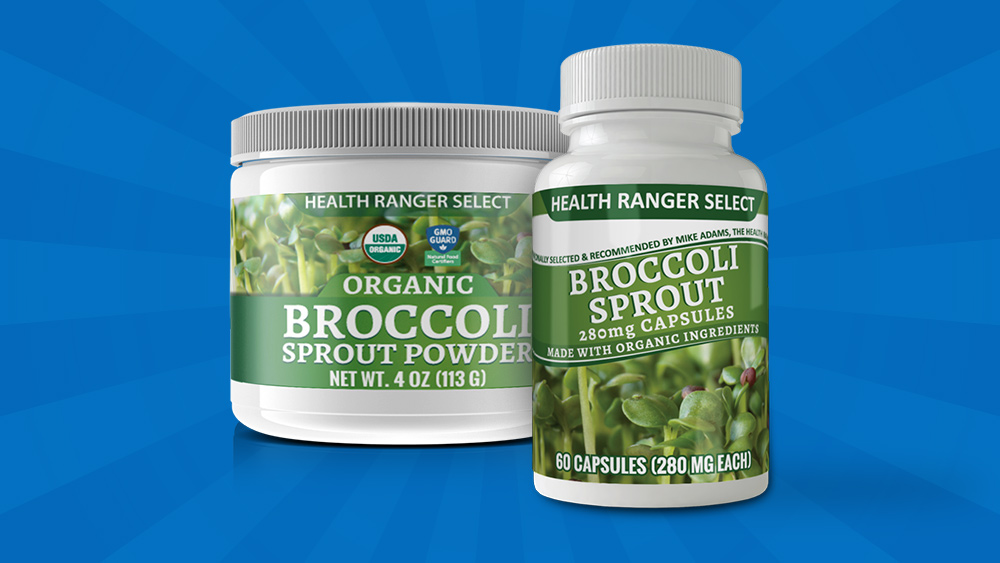Resveratrol compound in grapes found to kill cancer stem cells
06/28/2017 / By Tim Wesley

The answer to preventing colon cancer could be literally dangling in front of you. That is, if you’re in a vineyard. Scientists have recently discovered that grapes could hold the answer to killing colon cancer stem cells.
Researchers from the Penn State Hershey Cancer Institute have found a potential cure for colon cancer. They discovered that the compounds found in grapes — resveratrol — could be effective in treating colon cancer, according to Jairam K.P. Vanamala, associate professor of food sciences at Penn State. “The combination of resveratrol and grape seed extract is very effective at killing colon cancer cells. And what we’re learning is that combination of these compounds is not toxic to healthy cells.”
Published in the recent issue of BMC Complementary and Alternative Medicine, the findings suggested that resveratrol could be used in pills to help prevent colon cancer and minimize the recurrence of the disease for cancer survivors.
Resveratrol is a compound found in red grapes and wine. It’s mostly concentrated on the grapes’ skin and can also be found in other plant sources like cocoa, peanuts, and berries. Resveratrol acts as a natural pesticide against fungi. Resveratrol is been quite popular among health experts because of its potential health benefits. It’s believed to be effective in providing relief, if not the cure, for ailments like diabetes, neurodegenerative diseases, and cancer.
Colon cancer is the third most common cancer for both men and women in the United States. In 2016, approximately 135,430 adults were diagnosed with the disease. Additionally, about 50,260 deaths are foreseen to be linked to colon cancer. Incidentally, it is the second leading cause of death in the United States — second for men and third for women.
According to Cancer.net, while there are no proven ways to avoid this disease, there are ways to lower your risk. One of them is to have the right diet. They write: “a diet rich in fruits and vegetables and low in red meat may help reduce the risk of colorectal cancer. Some studies have also found that people who take calcium and vitamin D supplements have a lower risk of colorectal cancer.” (Related: Study Suggests Vitamin D Improves Survival From Colorectal Cancer)
This supports the researchers’ findings. “This also connects well with a plant-based diet that is structured so that the person is getting a little bit of different types of plants, of different parts of the plant and different colors of the plant,” said Vanamala. “This seems to be beneficial for not only promoting bacterial diversity, but also preventing chronic diseases and eliminating the colon cancer stem cells.”
The researchers found that resveratrol and grape seed extracts, when combined, have a potent ability to suppress cancer stem cells. The team was interested in targeting stem cells because cancerous tumors are driven by cancer stem cells. “Cancer stem cells are capable of self-renewal, cellular differentiation and maintain their stem cell-like characteristics even after invasion and metastasis,” Vanamala explained.
Interestingly, when taken separately, resveratrol and grape seed extract are not as effective. Their combined effect could explain why certain cultures that have a plant-based diet tend to have lower rates of colon cancer. “This seems to be beneficial for not only promoting bacterial diversity, but also preventing chronic diseases and eliminating the colon cancer stem cells,” Vanamala further added.
While more research is still needed to identify specific anti-cancer properties of resveratrol and grape extracts to come up with a potent colon cancer prevention strategy, it’s best to, according to Cancer Research UK, stop smoking, exercise, maintain healthy weight, quit alcohol, and eat right.
Sources include:
Tagged Under: grapes for cancer cure, resveratrol for cancer




